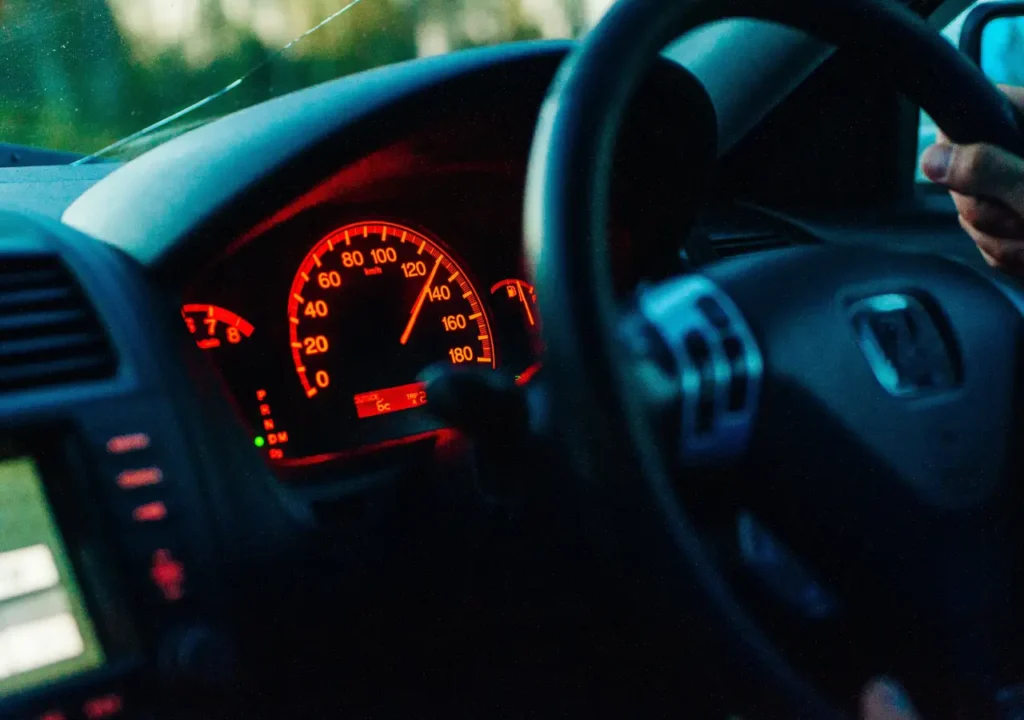Address
Macarthur Square, WOTSO, Level 2, Shop L080/200 Gilchrist Dr, Campbelltown NSW 2560, Australia
Work Hours
Monday to Friday: 9AM - 5PM
Weekend: Closed


 Eleni Overell who has considerable experience in legal matters concerning traffic and driving is based in Campbelltown and serves the Macarthur and surrounding areas. Holding a Bachelor of Laws from Western Sydney University, her legal expertise spans Property Law, Criminal Law, and more. A member of the Law Society of New South Wales, Eleni also actively contributes to the community through her role on the NSW Legal Aid Panel. Call Eleni for a free consultation about Speeding Fines in NSW or any other legal matter 02 9605 7113.
Eleni Overell who has considerable experience in legal matters concerning traffic and driving is based in Campbelltown and serves the Macarthur and surrounding areas. Holding a Bachelor of Laws from Western Sydney University, her legal expertise spans Property Law, Criminal Law, and more. A member of the Law Society of New South Wales, Eleni also actively contributes to the community through her role on the NSW Legal Aid Panel. Call Eleni for a free consultation about Speeding Fines in NSW or any other legal matter 02 9605 7113.
The articles and content provided on this website are for general informational purposes only. They do not constitute legal advice or legal opinion.
For more information click here.
